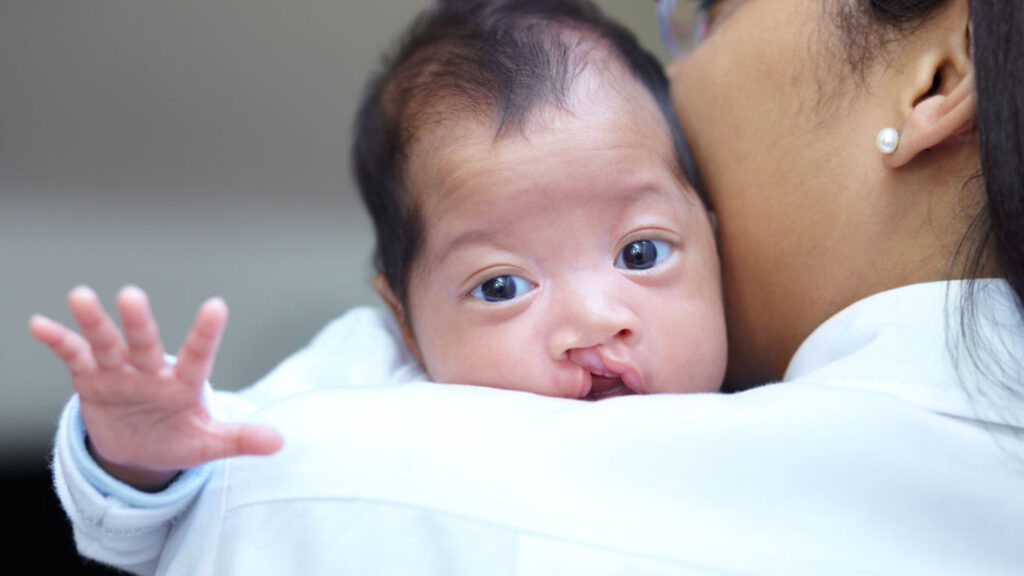
Cleft lip and cleft palate are two congenital conditions that can have a significant impact on a child’s life. These birth defects, also known as orofacial clefts, occur when the baby’s mouth or lip doesn’t form properly during pregnancy. While these conditions come with various challenges, the positive news is that children born with cleft lip and cleft palate can lead fulfilling lives with appropriate care and support.
This blog post delves into the complexities of cleft lip and cleft palate, offering insights into their causes, symptoms, and treatment options. It emphasizes the critical role that speech therapy and speech pathologists play in helping children overcome these challenges. Furthermore, it highlights the significance of finding top-notch speech therapists in Dubai for those seeking support in that region.
A baby’s lip forms between the fourth and seventh weeks of pregnancy. As the baby develops, body tissue and special cells from each side of the head grow towards the center, forming the face. A cleft lip occurs if the tissue does not join completely before birth, resulting in an opening in the upper lip.
The roof of the moth-palate-forms between the sixth and ninth weeks of pregnancy. A cleft palate occurs when the tissue that forms the palate does not join completely before birth.
A cleft palate is treated by a surgical process called palatoplasty when the baby is 10-12 months old. The goals are to:
After the surgery, a speech and language therapy is recommended to assist the child’s speech and language development and to monitor the feeding problems that may occur.
In addition, a monitoring hearing is important; a baby born with cleft palate has a high risk of forming glue ear, which can severely affect hearing. Hearing aid or grommets may be fitted in the ears to drain the fluid.
In conclusion, with the right support and care, individuals can overcome cleft lip and cleft palate. We have discussed the causes, symptoms, and surgical treatments associated with these conditions. However, it is important to emphasize the significant impact that speech therapy has in transforming lives. Expert centers like Talking Brains Center play a crucial role in providing this essential therapy.
If your child is dealing with these conditions, Talking Brains Center can provide specialized speech therapy services. Our therapists will help unlock clearer speech, address feeding issues, and monitor hearing concerns. With improved communication skills, you or your child can gain more confidence in daily interactions.
If you’re looking for a reputable speech therapist in Dubai, Talking Brains Center is an excellent option. With their expertise and your determination, individuals with cleft lip and palate can flourish and discover their unique voice while overcoming obstacles.